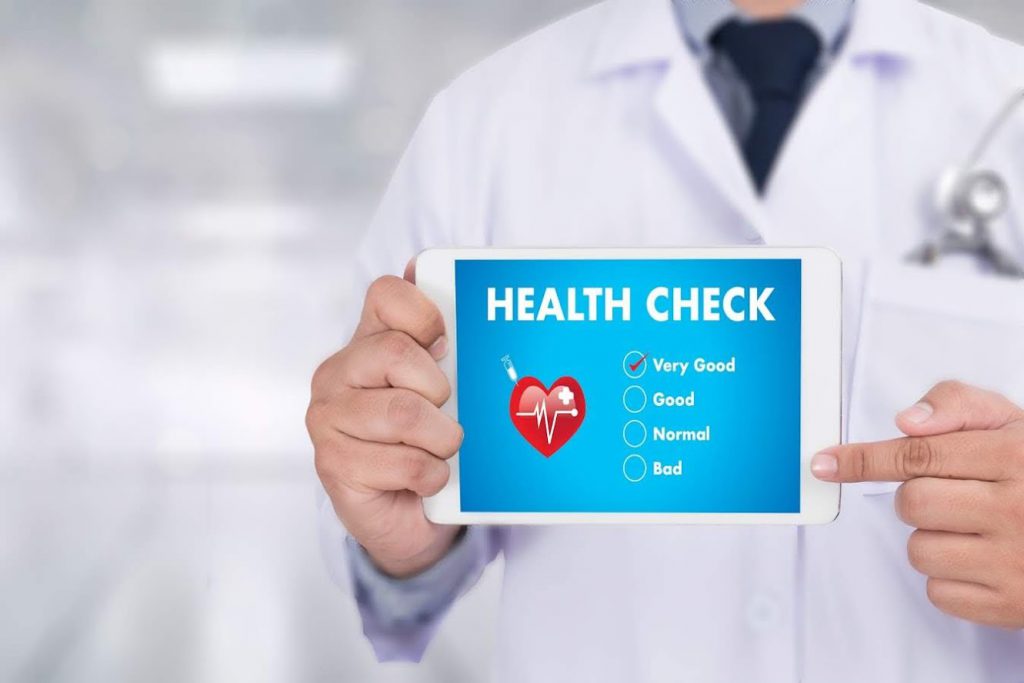What Can a Heart Screening Predict?
Heart screening can help you to make the right choices about your health by identifying the risk factors that are affecting you. Although it’s not possible to predict exactly what will happen in the future, the results of your cardiac screening can give you some valuable insights.

Heart Screening Tests
The heart screening that we perform at Cardiac Screen includes a variety of different tests that can assess different aspects of your health. As well as discussing your health and lifestyle with an experienced cardiologist you may also have:
- Resting and exercise ECGs to check the electrical activity in your heart that controls your heartbeat
- An echocardiogram or ultrasound scan of your heart to check its structure and function
- Blood tests to measure your cholesterol levels and check for issues such as infections, thyroid disorders, diabetes, kidney disease and liver problems
- Urine tests to check for infections or conditions such as kidney disease
- Ambulatory monitoring of your heart or blood pressure for 24 hours
You will get a full report on all of these tests and a chance to discuss them with a doctor. The results will reveal a lot about your current state of health and they will also enable us to make some predictions about your future risk of cardiovascular problems.
Diagnosing Cardiac Conditions
One possible outcome of cardiac screening is that you will be diagnosed with an existing condition. Many conditions can remain hidden as they don’t always cause noticeable symptoms right away. Some of the conditions that we screen for can also increase the risk of developing other heart problems in the future. For example, if we find out that you have high cholesterol or high blood pressure, this could increase the chances of developing issues such as coronary heart disease.
Finding out that you have a health problem can be difficult, but it is much better to be aware of these issues so that we can start treating them. Conditions such as high blood pressure can often be managed with lifestyle changes and medication. Learning more about your health during screening will also make us more aware of the risks that you need to watch out for in the future.
Your Heart Risk Score
Since heart screening often involves a number of different tests it can be difficult to understand what they mean for your health. In order to make it easier, you will be given an overall heart risk score. The score you receive is a prediction of how likely you are to be affected by heart disease in the future.
The heart risk score is given as a percentage. If you have a score of less than 10% then there is less than a 1 in 10 chance you will be affected by heart disease in the next ten years. A score of 10-20% is considered a moderate risk while a score over 20% is considered high risk.
The higher your heart risk score is, the more likely you are to be affected by cardiovascular disease. However, these are just estimates of your risk and there is still a chance that you will remain healthy. You can increase your chances of staying well by following the recommendations we make after heart screening.
Reducing the Risks
The results of your heart screening can predict how likely you are to be affected by cardiovascular problems in the next ten years. However, you don’t simply have to accept these results. As well as giving you a heart risk score, your cardiologist will also recommend ways that you can reduce this risk.
We will often recommend changes to your lifestyle such as losing excess weight, giving up smoking, getting more exercise, or eating a more nutritious diet as these can have a big impact on your heart risk. If any specific issues were found we may also suggest medication or other treatments to address them. It is also a good idea to return to Cardiac Screen for regular heart health checks, especially if you have a higher risk score. We will be able to check for any developing issues and see how well the changes you’re making are working to reduce your heart risk score.







